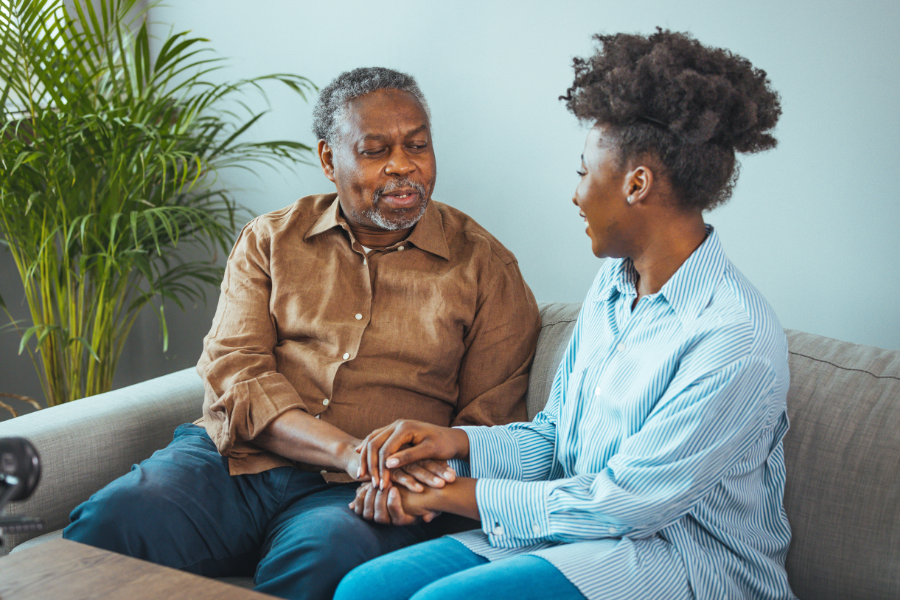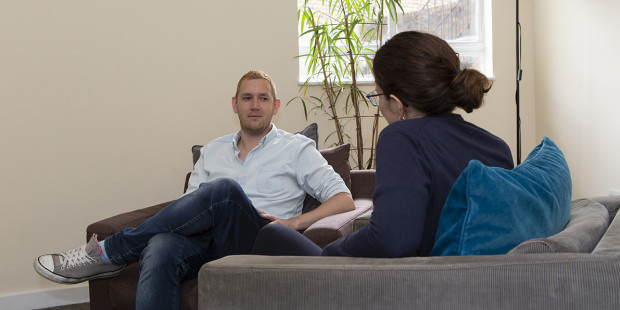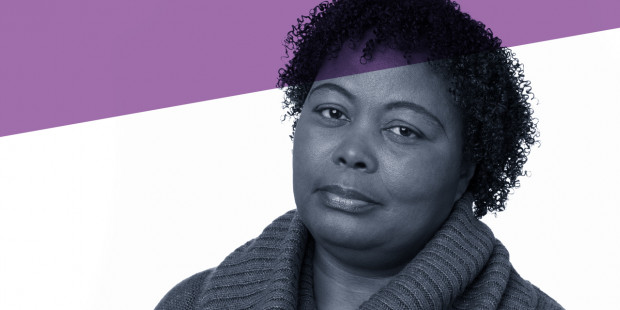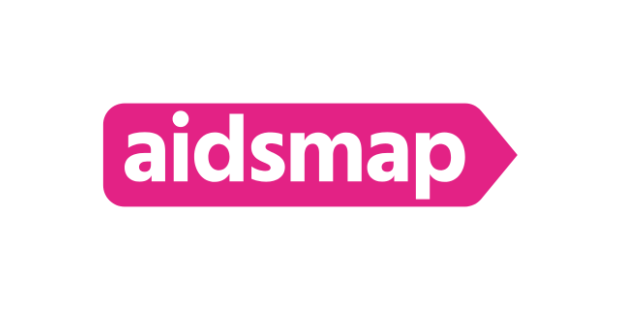
End of life care is centred around you as a person – how you want to be cared for and what’s important to you. It can involve managing symptoms, emotional support for you or your family and friends, help with tasks like washing and dressing, and planning for future care or what you want to happen after you die.
End of life care is an important part of palliative care, which is care someone can have at any stage of a serious illness. While you’re having end of life care, different health and social care professionals might care for and support you. This can include your usual HIV doctor or GP, as well as new doctors, nurses, social workers, counsellors, and people who can offer spiritual support.
Getting the right care for you
People living with HIV are more likely to have multiple health conditions, so you may already have specific care needs. People are also living longer with HIV. As you get older, you’re more likely to develop conditions related to ageing. This includes things like a weaker heart or bones, or finding it harder to remember things. HIV and HIV medicines can make some of these conditions more likely or worse.
Ideally, any healthcare professionals who support you, including your HIV doctor or GP, will work together with an end-of-life healthcare team. This helps make sure any existing conditions are managed.
For further information on end of life care more generally and how you can plan for end of life, visit Marie Curie’s website.







